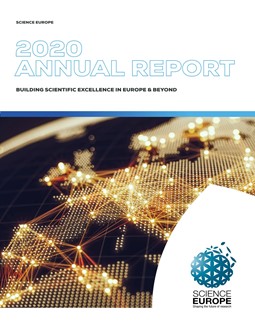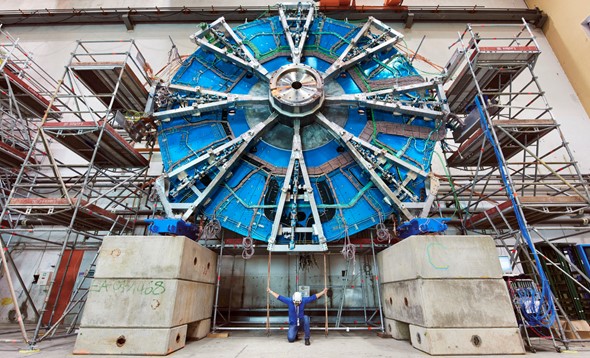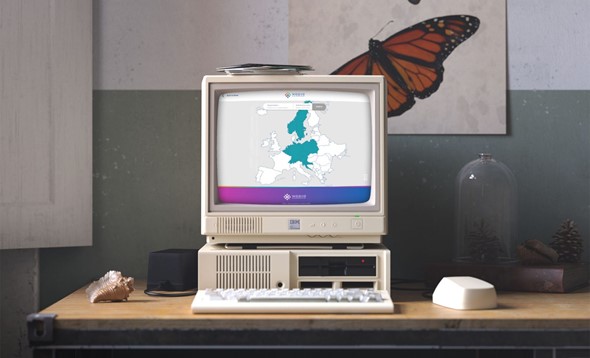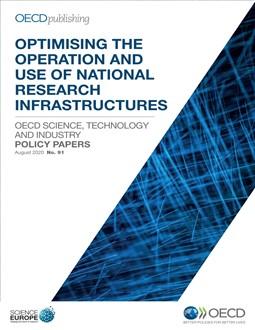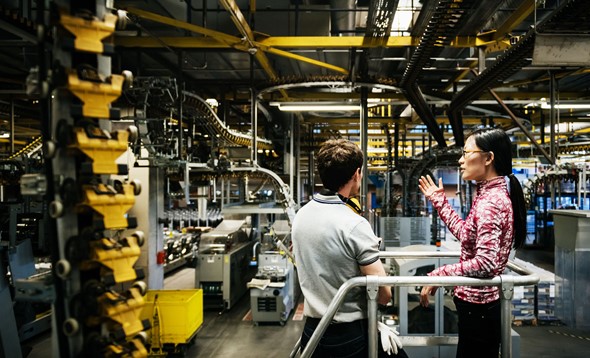In recent years scientific research has changed markedly. High throughput technologies have resulted in the generation and accumulation of unprecedented quantities of data, which can be collected, analysed and interpreted through advances in computational science. This, in turn, has led to rapid progress in the development of computational models that can represent natural phenomena across the range of scales, from the level of atoms and molecules to the structure and evolution of galaxies. Such models allow researchers to test and develop new ideas; they can provide new insights into the behaviour of systems under different conditions that would be difficult to test directly through experiment, and they can be used to predict how a system will react to changing circumstances. With computer modelling becoming an increasingly important tool for researchers, the Science Europe Scientific Committee for Life, Environmental and Geo Sciences organised a workshop to explore how different scientific disciplines use computational modelling and simulations of complex structures in space and time.



